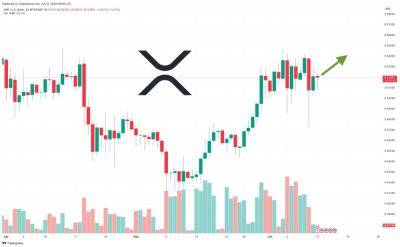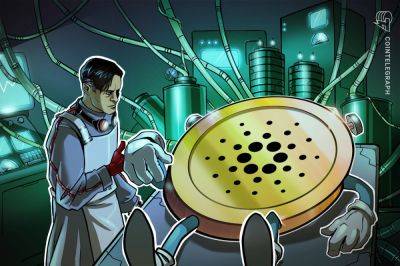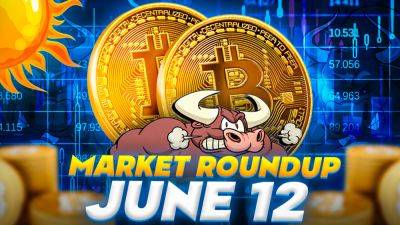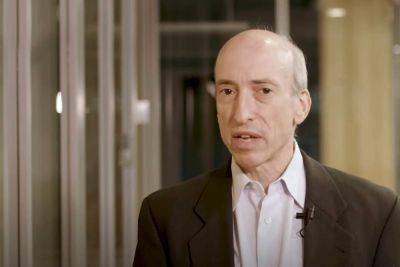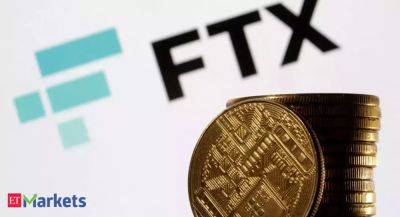Sunak food summit promises star guest and lots of rhubarb
Farmers throwing in the towel amid soaring costs and labour shortages and falling domestic production of some foods have resulted in repeated gaps on British supermarket shelves – much to shoppers’ chagrin.
UK agriculture has had a torrid few years navigating the fallout from Brexit and the pandemic at a time when squeezed consumers are reassessing what they can afford to put in their shopping baskets.
Little wonder, then, that the National Farmers’ Union (NFU), which represents the interests of about 55,000 farmers across England and Wales, has heralded the very existence of the food summit being convened by Rishi Sunak this week at 10 Downing Street as a victory.
The impetus for the event is clear: recent years have brought rolling crises, from pigs stuck on farms because of abattoir labour shortages, to millions of pounds’ worth of crops left to rot in fields amid a lack of seasonal workers, to egg producers packing up during a record outbreak of avian flu.
This year saw the NFU report a 40-year low in domestic salad production, while egg production fell to its weakest level in nine years in 2022.
Against this backdrop, Tuesday’s gathering will bring together farmers’ representatives and food and retail trade bodies, along with some of the bosses of Britain’s largest supermarkets, to talk about the government’s goal of boosting cooperation across the supply chain and supporting the food sector’s resilience.
The exact guest list remains under wraps, giving way to speculation that the television presenter and celebrity farmer Jeremy Clarkson, whose attempts to grow food on his Cotswolds farm Diddly Squat have been documented in a TV series, has also received an invitation to No 10.
The NFU’s president, Minette Batters, has
Read more on theguardian.com


